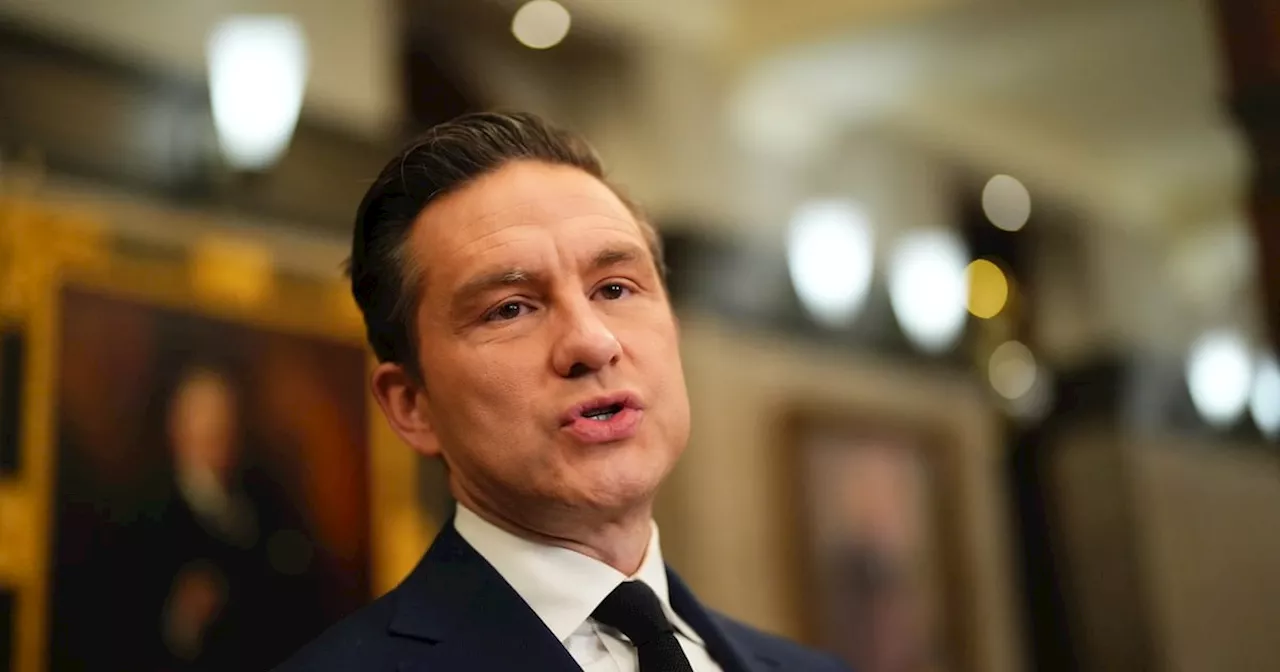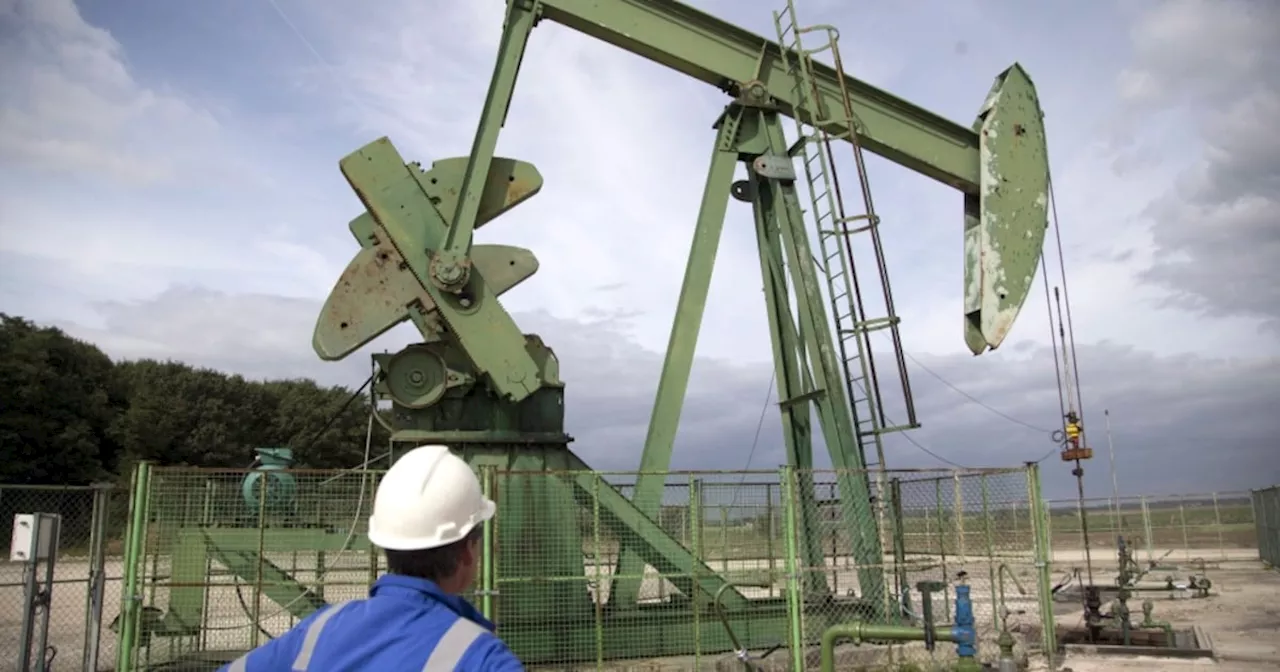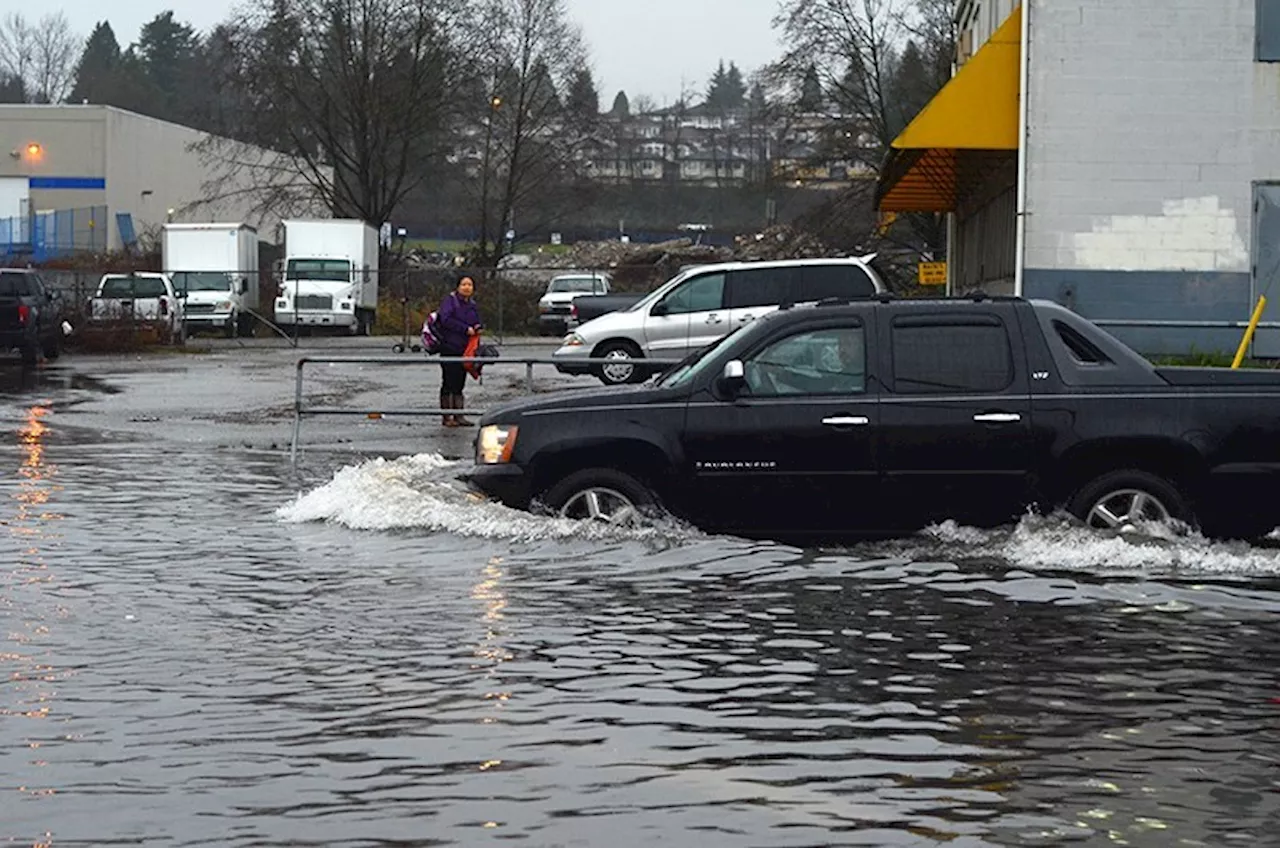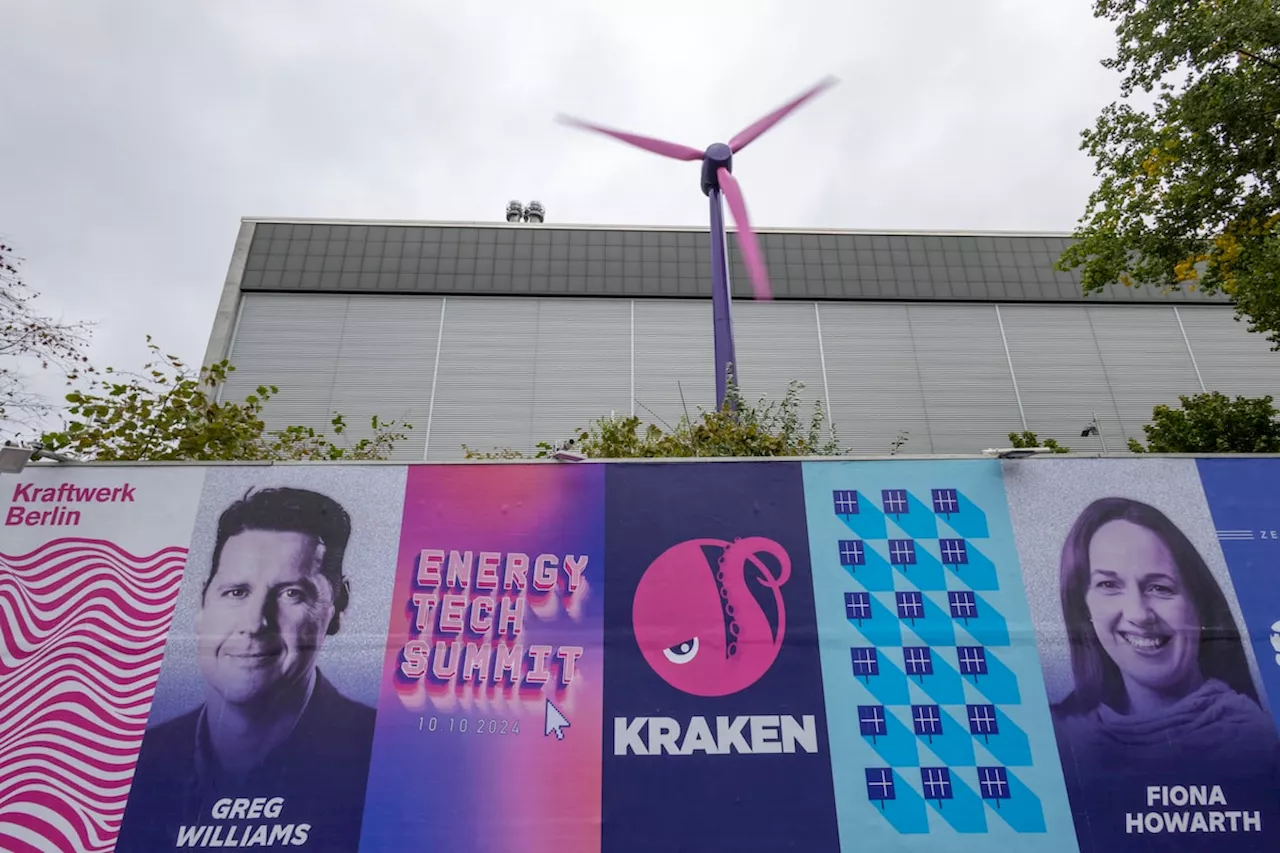Adrian Dix has been appointed as B.C.’s new Minister of Energy and Climate Solutions, tasked with balancing the province’s growth in fossil fuels with its ambitious climate targets.
Adrian Dix has been appointed as B.C.’s new Minister of Energy and Climate Solutions, a role that carries significant weight as the province grapples with its growing oil and gas emissions. Dix, the former health minister, takes on this new challenge during Premier David Eby’s cabinet shuffle, where responsibility for energy and climate accountability has been consolidated under one portfolio. This move could be pivotal to B.C.
’s clean energy future and low carbon economy if the province successfully transitions away from fossil fuels and prioritizes clean electricity for economic sectors aligned with climate goals. However, Dix faces a complex dilemma. He is tasked with growing B.C.’s LNG and fossil fuel sector, which accounts for a quarter of the province’s greenhouse gas emissions, while simultaneously striving to meet ambitious provincial climate targets aimed at reducing emissions by 40 percent by 2030 and 80 percent by 2050. The integration of energy and climate portfolios under a single minister is viewed favorably by political experts. Stewart Prest, a political scientist at the University of British Columbia, believes this reorganization brings cause and effect closer together, allowing Dix to influence both sides of the energy equation. Despite the inherent tension between balancing fossil fuel ambitions and climate targets, Prest sees Dix as a suitable candidate for this role, highlighting his clout, expertise, and ability to handle complex issues. Dix's appointment appears to signal a serious commitment to the clean energy agenda. He previously served as NDP critic, denouncing the BC Liberal government’s Site C dam project. As leader of the opposition, Dix expressed skepticism about the BC Liberals’ LNG plans, raising concerns about emissions and water usage, although he never outright opposed them. Following the NDP’s victory in 2017 under former premier John Horgan, any reservations regarding Site C or LNG within the party seemed to dissipate. While Dix hasn't received specific mandates or instructions from Eby's office, his appointment letter emphasizes the need to seize the generational opportunity presented by transitioning to a low-carbon future. However, the lack of concrete actions or programs outlined in the letter leaves much to speculation about the government's direction. Despite repeated requests for comment and interviews, the Energy Ministry has remained silent. The province's annual emissions continue to trend upwards, with 2022 figures reaching 64.3 million tonnes, nearing the 20-year peak recorded in 2018. To meet B.C.’s climate targets, Dix will oversee the implementation of BC Hydro’s ambitious $36 billion, 10-year electrification plan, which includes significant investments in new transmission lines. This initiative aims to address the rising demand for electricity in critical mineral mining projects. Yet, the province also grapples with the challenge of cleaning up natural gas production in the northeast and mitigating the anticipated surge in emissions as LNG export projects come online in 2025. Anjali Appadurai, campaigns director at the Climate Emergency Unit, welcomes the streamlining of energy policy decisions, but also highlights the contradiction between the province's stated climate goals and its continued support for the LNG export industry. Appadurai argues that this sector poses a significant obstacle to achieving emissions targets. If all six proposed LNG projects are approved and operational by 2030, emissions could potentially reach 30 million tonnes annually, more than triple the province’s target for fossil fuel sector emissions. Furthermore, the province has delayed the implementation of a fossil fuel emissions cap, initially scheduled for 2024, until after the federal election. Eby also reversed a campaign promise made during the last election to phase out B.C.’s reliance on fossil fuels. These actions raise concerns about the province’s commitment to seriously tackling its climate challenge.
CLIMATE CHANGE ENERGY POLICY FOSSIL FUELS LNG B.C. POLITICS ADRIAN DIX DAVID EBY
Canada Latest News, Canada Headlines
Similar News:You can also read news stories similar to this one that we have collected from other news sources.
 Poilievre Takes Aim at Trudeau and Canada's Energy Sector in Peterson InterviewConservative Leader Pierre Poilievre criticized Prime Minister Justin Trudeau's leadership and the Canadian energy sector during a lengthy interview with Jordan Peterson.
Poilievre Takes Aim at Trudeau and Canada's Energy Sector in Peterson InterviewConservative Leader Pierre Poilievre criticized Prime Minister Justin Trudeau's leadership and the Canadian energy sector during a lengthy interview with Jordan Peterson.
Read more »
 Vermilion Energy to Acquire Westbrick Energy for $1.075 BillionVermilion Energy Inc. is acquiring privately held Westbrick Energy Ltd. for $1.075 billion to increase its operational scale in Alberta's Deep Basin.
Vermilion Energy to Acquire Westbrick Energy for $1.075 BillionVermilion Energy Inc. is acquiring privately held Westbrick Energy Ltd. for $1.075 billion to increase its operational scale in Alberta's Deep Basin.
Read more »
 Vermilion Energy Acquires Westbrick Energy for $1.075 BillionVermilion Energy Inc. is acquiring privately held Westbrick Energy Ltd. for $1.075 billion to increase its operational scale in Alberta's Deep Basin.
Vermilion Energy Acquires Westbrick Energy for $1.075 BillionVermilion Energy Inc. is acquiring privately held Westbrick Energy Ltd. for $1.075 billion to increase its operational scale in Alberta's Deep Basin.
Read more »
 Canadian Youth Climate Activists Achieve Legal Victories in Fight for Climate JusticeTwo recent legal victories for young Canadian climate activists highlight the growing momentum in the fight for climate justice. A landmark Federal Court case will proceed to trial in 2026, while a separate Ontario Court of Appeal ruling overturned a prior dismissal, bringing hope for systemic change.
Canadian Youth Climate Activists Achieve Legal Victories in Fight for Climate JusticeTwo recent legal victories for young Canadian climate activists highlight the growing momentum in the fight for climate justice. A landmark Federal Court case will proceed to trial in 2026, while a separate Ontario Court of Appeal ruling overturned a prior dismissal, bringing hope for systemic change.
Read more »
 Winter is going: Nanaimo leads Canada in loss of sub-zero winter daysU.S. non-profit Climate Central reports on changing climate's impacts on winter temperatures
Winter is going: Nanaimo leads Canada in loss of sub-zero winter daysU.S. non-profit Climate Central reports on changing climate's impacts on winter temperatures
Read more »
 Kraken Software Powers Octopus Energy's Green RevolutionA powerful software program called Kraken is driving the success of Octopus Energy, a British energy provider leading the charge in renewable energy. Canada Pension Plan Investment Board has invested $1 billion in Octopus, recognizing Kraken's potential to revolutionize energy consumption.
Kraken Software Powers Octopus Energy's Green RevolutionA powerful software program called Kraken is driving the success of Octopus Energy, a British energy provider leading the charge in renewable energy. Canada Pension Plan Investment Board has invested $1 billion in Octopus, recognizing Kraken's potential to revolutionize energy consumption.
Read more »
